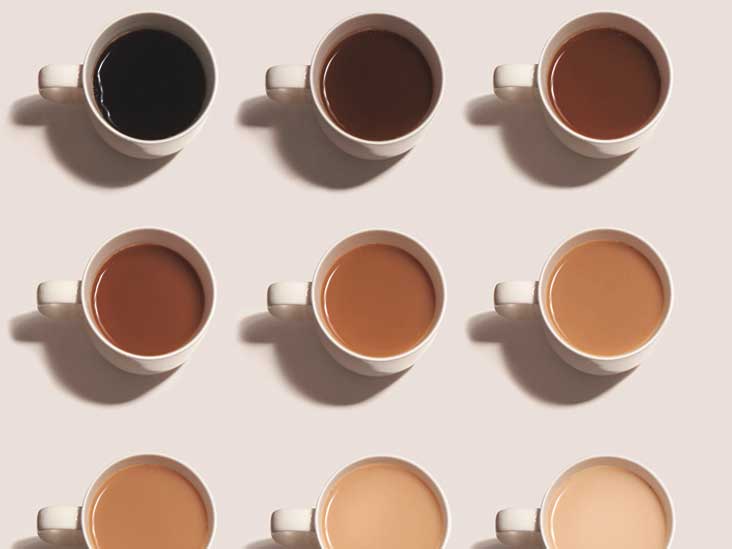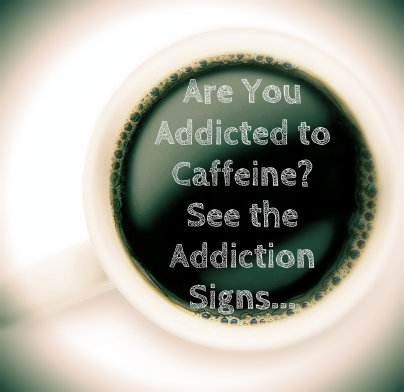Not known Incorrect Statements About Quitting Caffeine While in Early Recovery - Princeton Detox

RA's Twelve Step Caffeine Addiction Recovery Program Things To Know Before You Buy

What is caffeine? Caffeine is the stimulant in your coffee, tea, chocolate and soda that decreases fatigue, increases awareness and provides you an increase of energy. It can also cause insomnia, headaches, dehydration and high blood pressure, if you're not careful. For lots of, caffeine is a tool to assist them wake up, perk up and focus.

Is caffeine addiction a sin? - GotQuestions.org
Caffeine is a white, bitter compound that's found naturally in over 60 plants, consisting of coffee beans, tea leaves and cacao pods that are used to make chocolate. The U.S. Fda (FDA) considers caffeine to be both a food additive and a drug. The quantity of caffeine in your food and drink varies.

Did you know that October is Caffeine Addiction Recovery Month ? — Alee Solutions
Coffee can have as little as two milligrams of caffeine (decaf coffee) per cup, and as much as 200 milligrams per cup. Your typical tea has about 40 milligrams of caffeine, but it can range from 9 to 110 milligrams. Twelve ounces of soda pop/soft beverage usually has 30 to 60 milligrams of caffeine.
What impact does caffeine have on the body? This Is Cool passes into your blood stream from your stomach and little intestine. When in your blood stream, caffeine stimulates your main anxious system your nerves, brain and spine to make you feel more awake and alert. Caffeine reduces tiredness and improves focus and concentration.
The 8-Minute Rule for Caffeine (for Teens) - Nemours Kidshealth
When you drink or eat caffeine, the dopamine signaling in your brain is boosted. Dopamine is a chemical that helps with controlling motivation, emotions and movement. You feel more alert and awake when the signaling boosts. How much caffeine is too much? The typical American adult takes in 200 mg of caffeine a day.

8 Ways To Tell You're Addicted To Caffeine
Consuming approximately 400 mg or four cups of coffee does not trigger problems for many people. However, caffeine impacts people in a different way, depending on their size, gender and sensitivity to it. If you're sensitive to caffeine, even moderate amounts can trigger sleeping disorders (trouble sleeping), fast heart rate, anxiety and sensations of restlessness.
What are the symptoms of having excessive caffeine? Symptoms of having too much caffeine might include: Headache, nervousness, dizziness. Having "the jitters" or feeling unsteady. Insomnia or sleep that is "on and off" throughout the night. Racing heart or irregular heartbeat. Increase in high blood pressure. Dehydration. Who should avoid caffeine? It's not safe for everybody to have caffeine in their diet plan.
